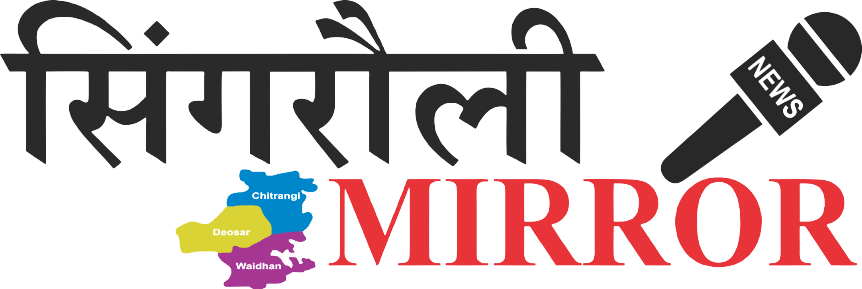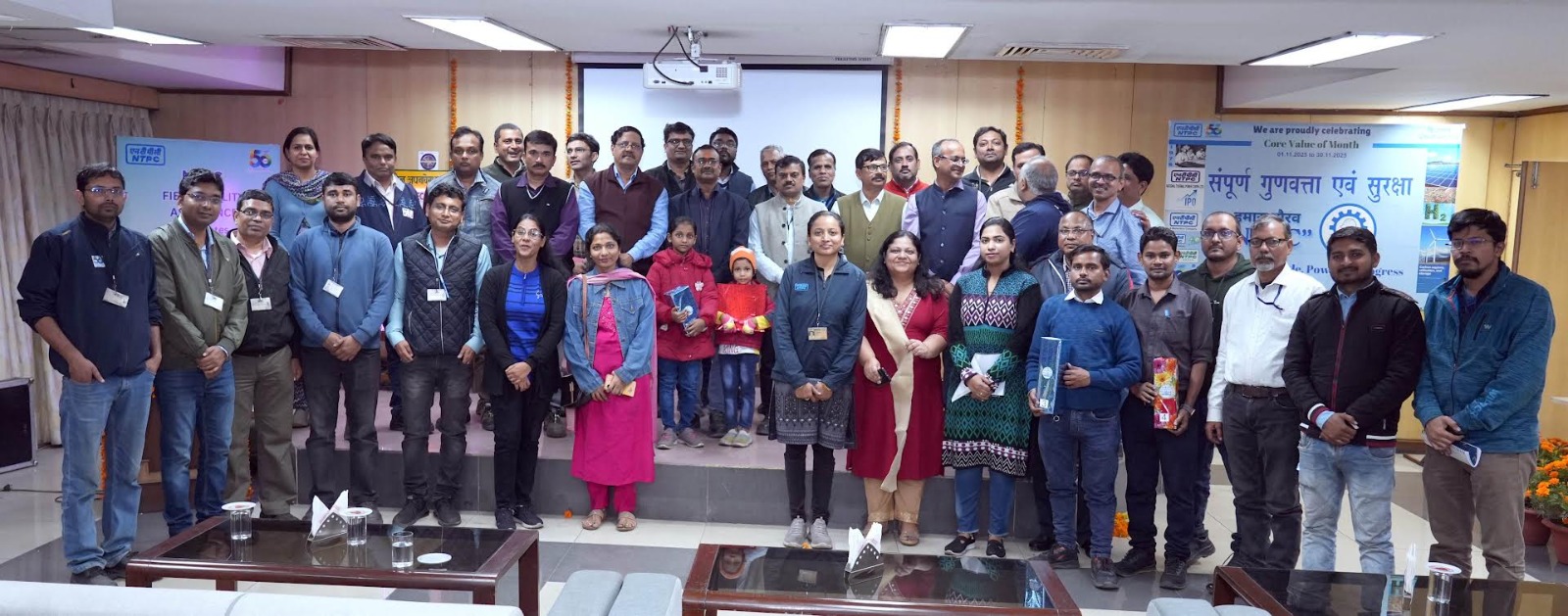 Singrauli News: एनटीपीसी विन्ध्याचल में गुणवत्ता माह एवं कोर वैल्यू ‘टोटल क्वालिटी एवं सेफ्टी’ समारो
Singrauli News: एनटीपीसी विन्ध्याचल में गुणवत्ता माह एवं कोर वैल्यू ‘टोटल क्वालिटी एवं सेफ्टी’ समारो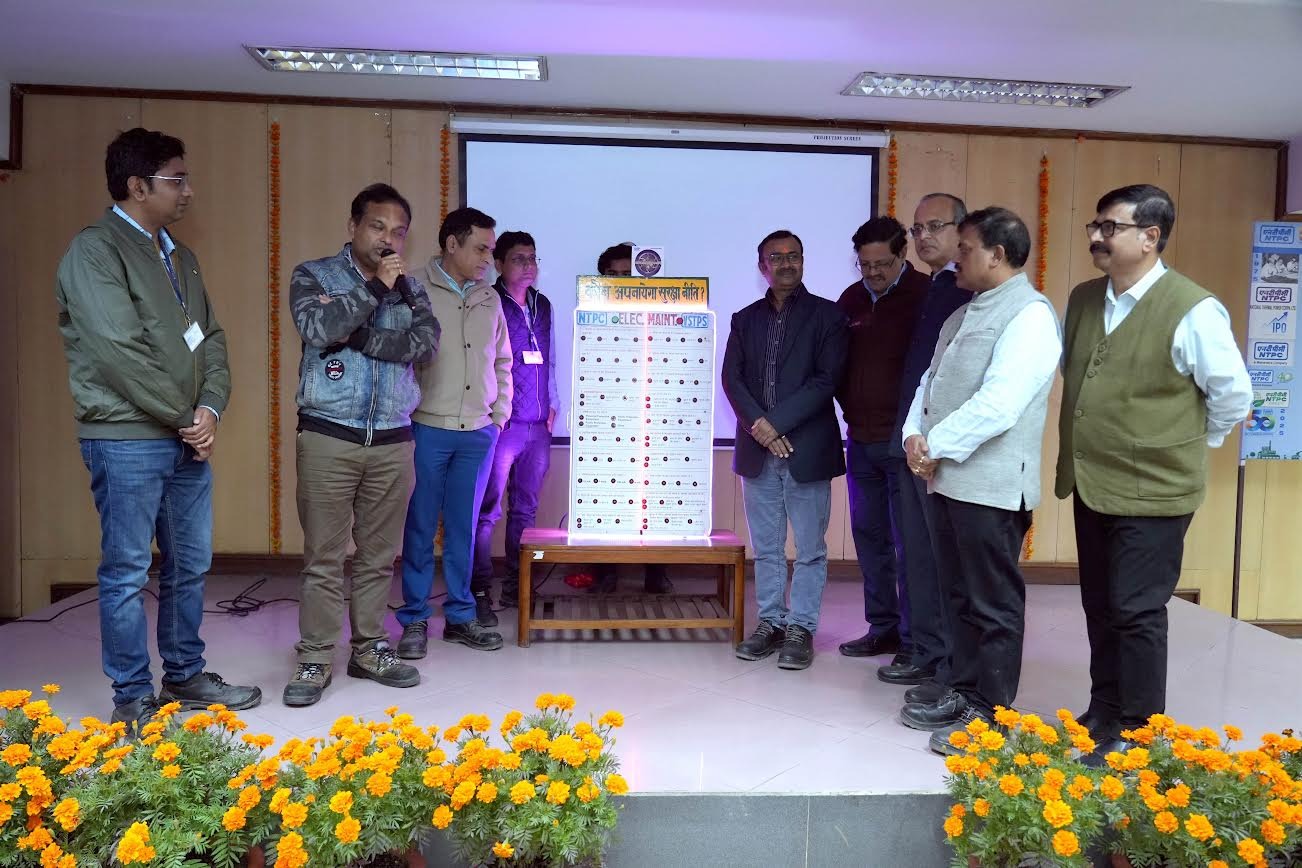 Singrauli News: सेफ्टी और नवाचार का संगम : एनटीपीसी विन्ध्याचल ईएमडी टीम ने लॉन्च किया ‘कौन अपनाएगा
Singrauli News: सेफ्टी और नवाचार का संगम : एनटीपीसी विन्ध्याचल ईएमडी टीम ने लॉन्च किया ‘कौन अपनाएगा 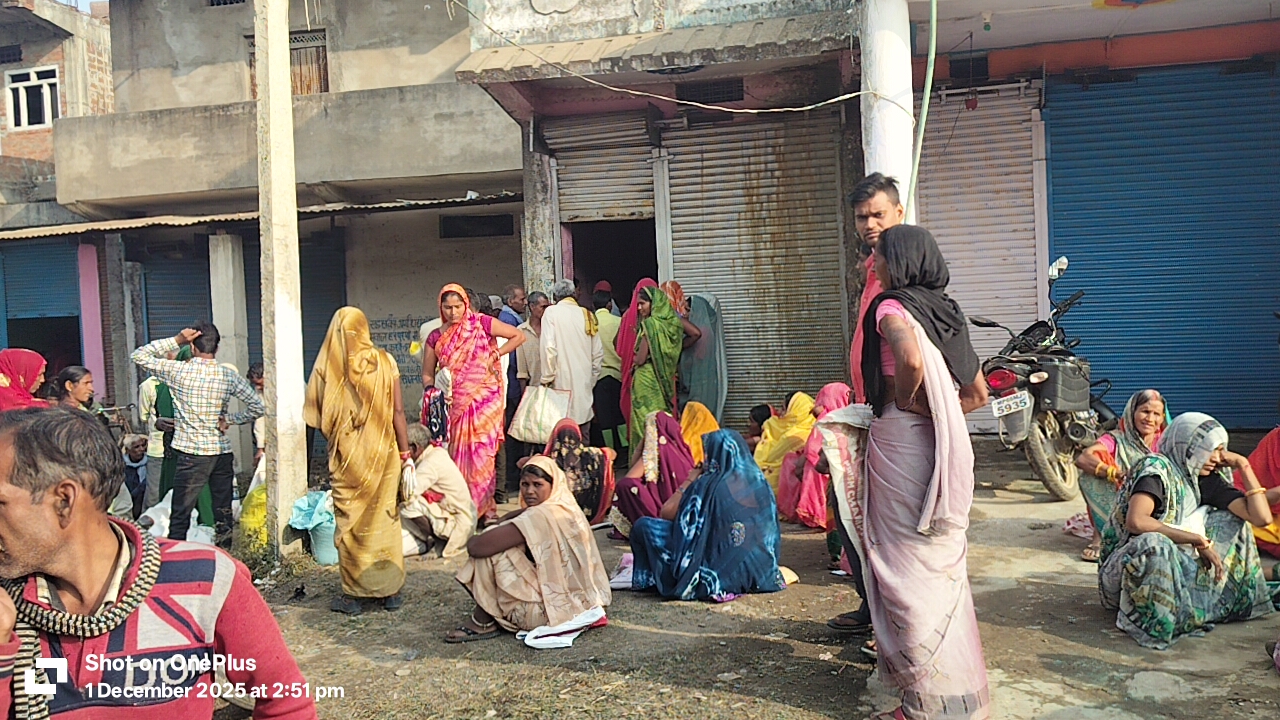 Singrauli News: अमहाटोला में कोटेदार की खुली मनमानी!
Singrauli News: अमहाटोला में कोटेदार की खुली मनमानी! Singrauli News: बीती रात ड्यूटी से लौट रहे पंडरी गांव में ट्रेलर ने बाइक को मारी टक्कर: एक की मौत एक
Singrauli News: बीती रात ड्यूटी से लौट रहे पंडरी गांव में ट्रेलर ने बाइक को मारी टक्कर: एक की मौत एक Singrauli News: शासकीय प्रधानमंत्री कॉलेज ऑफ़ एक्सीलेंस में मनाया गया गीता महोत्सव
Singrauli News: शासकीय प्रधानमंत्री कॉलेज ऑफ़ एक्सीलेंस में मनाया गया गीता महोत्सव BSF News: पीएम मोदी ने सीमा सुरक्षा बल स्थापना दिवस पर दीं शुभकामनाएं, समर्पण और पेशेवर क्षमता को सर
BSF News: पीएम मोदी ने सीमा सुरक्षा बल स्थापना दिवस पर दीं शुभकामनाएं, समर्पण और पेशेवर क्षमता को सर Singrauli News: ऑफिस में रसल वाइपर सांप घुसा, वन विभाग ने रेस्क्यू कर जंगल में छोड़ा
Singrauli News: ऑफिस में रसल वाइपर सांप घुसा, वन विभाग ने रेस्क्यू कर जंगल में छोड़ा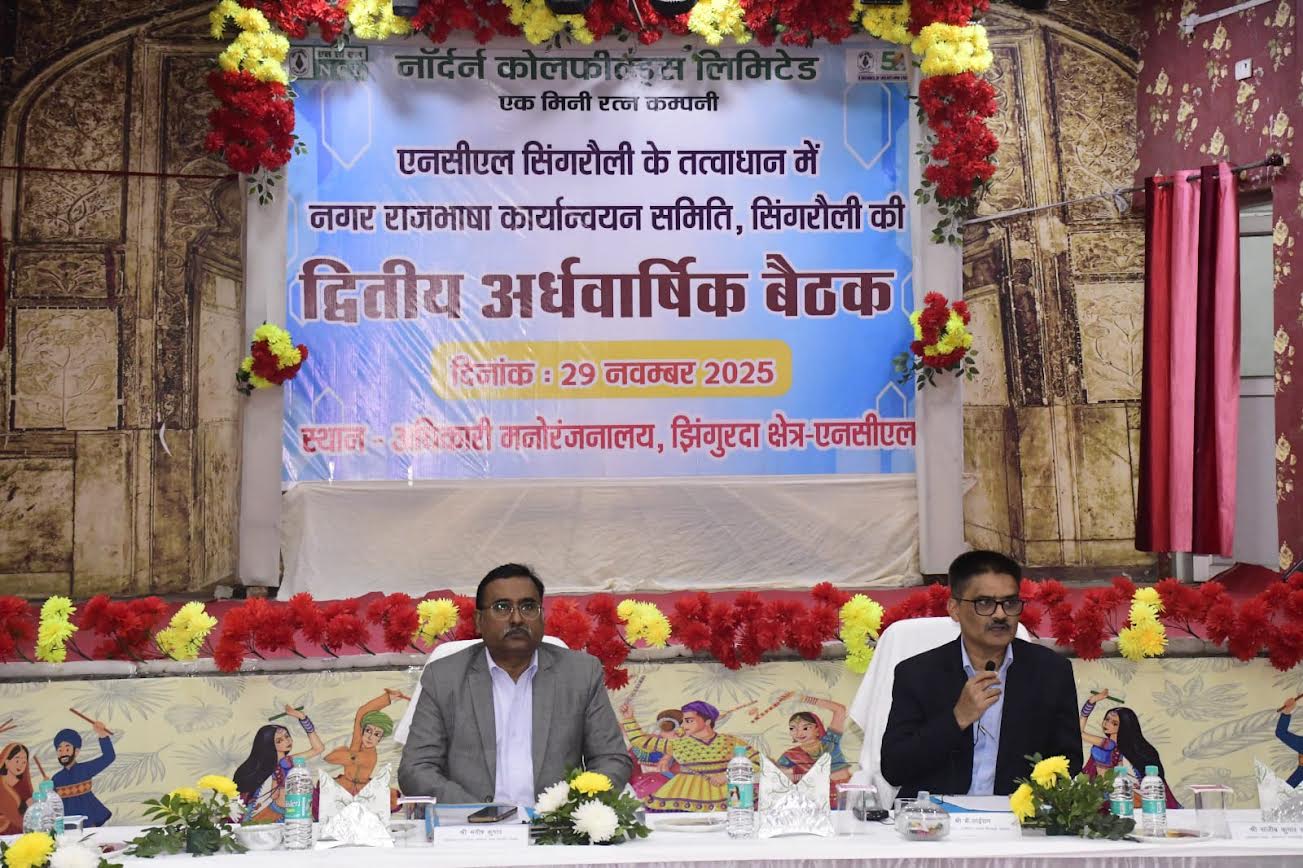 Singrauli News: एनसीएल झिंगुरदा में सम्पन्न हुई नराकास, सिंगरौली की वर्ष 2025–26 की द्वितीय अर्धवार्
Singrauli News: एनसीएल झिंगुरदा में सम्पन्न हुई नराकास, सिंगरौली की वर्ष 2025–26 की द्वितीय अर्धवार् Singrauli News: रजमिलान में फिर भीषण सड़क हादसा: बस और बाइक में जोरदार भिड़ंत
Singrauli News: रजमिलान में फिर भीषण सड़क हादसा: बस और बाइक में जोरदार भिड़ंत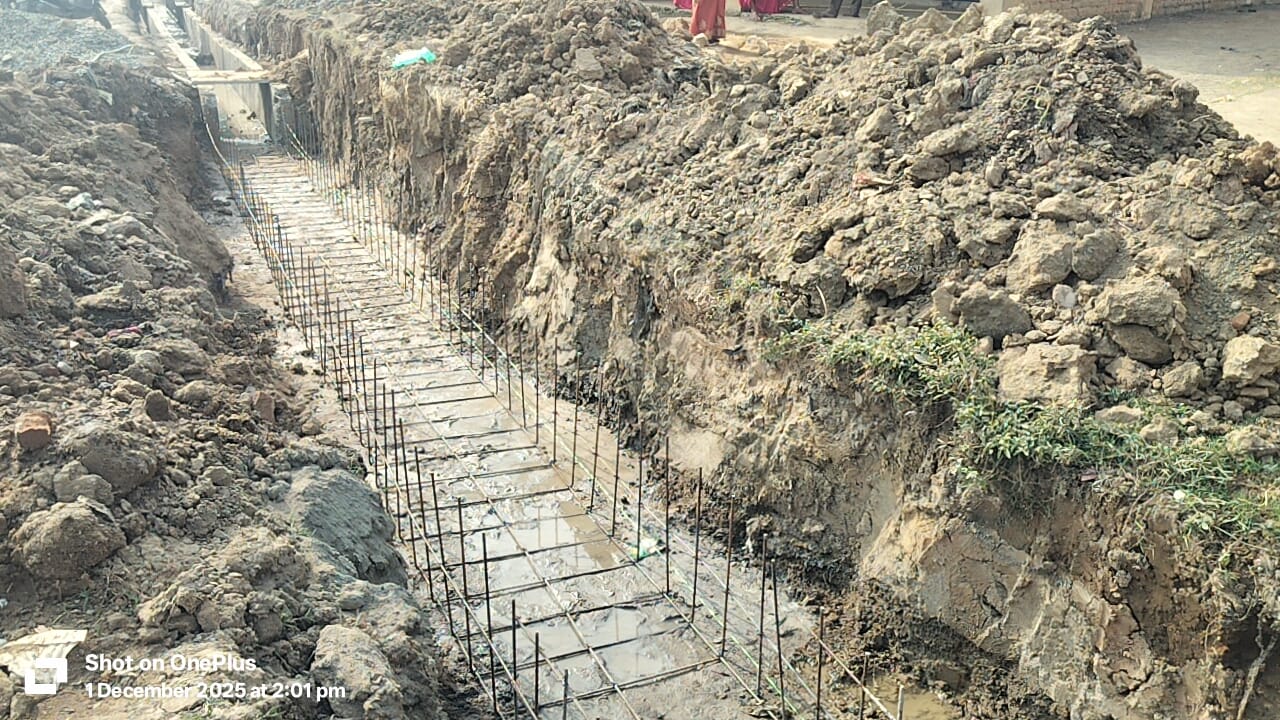 Singrauli News: सरई में नाली निर्माण कार्य पर सवाल: सीमेंट की जगह भस्सी मिलाने का आरोप, जिम्मेदार चु
Singrauli News: सरई में नाली निर्माण कार्य पर सवाल: सीमेंट की जगह भस्सी मिलाने का आरोप, जिम्मेदार चु
Kharif sowing exceeds last year’s figures
 Kharif sowing exceeds last year’s figures
Kharif sowing exceeds last year’s figures
Kharif crop sowing is at its advanced stage with farmers in India having sown crops across 1,065.08 lakh hectares so far this year as against 1,044.85 lakh hectares in the same period last year.
On a yearly basis, the sowing is about 1.93 per cent higher, according to the latest data from Agriculture Ministry released on Tuesday.
Commodity-wise, paddy, pulses, oilseeds, millets, and sugarcane sowing has been higher year-on-year. Sowing for cotton and jute/mesta has, on the other side, were on the lower side.
In the pulses basket, arhar and moong were higher, while urad, kulthi, and moth bean were a tad lower.
Agriculture Minister Shivraj Singh Chouhan recently said that the central government is committed to having 100 per cent procurement for urad, arhar, and masur in all the states as he called for generating awareness on the issue so that more and more farmers come forward for pulse cultivation.
India is a large consumer and grower of pulses and it meets a portion of its consumption needs through imports. India primarily consumes chana, masur, urad, kabuli chana, and tur pulses. The government is giving a lot of thrust to the cultivation of pulses.
The Department of Agriculture and Farmers’ Welfare has released the progress of area coverage under kharif crops as of August 23, 2024.
India has three cropping seasons — Summer, Kharif, and Rabi. Crops that are sown during October and November and the produce harvested from January depending on maturity are Rabi.
Crops sown during June-July and dependent on monsoon rains are harvested in October-November are Kharif. Crops produced between Rabi and Kharif are Summer crops.
Traditionally, Indian agriculture (especially the Kharif area/output) is heavily reliant on the progression of monsoon rainfall. IMD in its first long-range forecast has stated the southwest monsoon (June-September) this year is expected to be above normal.
Skymet, a private forecaster, has also predicted a normal monsoon this year.
